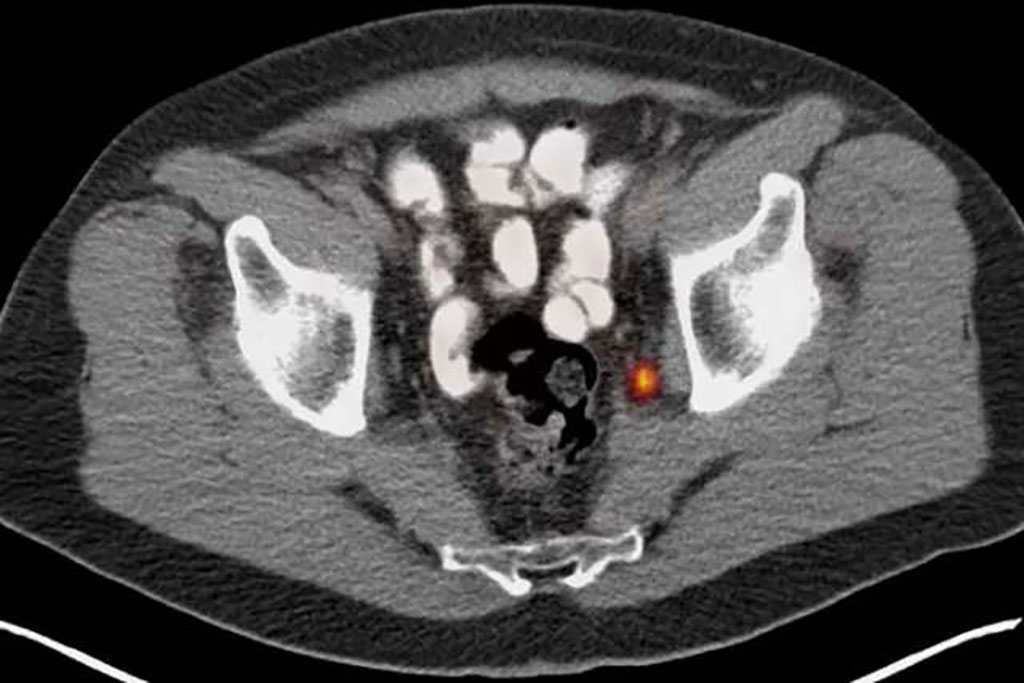PSMA PET Imaging Improves Accuracy of Predicting Prostate Cancer Recurrence
Posted on 26 Jul 2023
Evaluating the risk of prostate cancer recurrence following radical prostatectomy—a procedure involving the complete removal of the prostate gland to eliminate the cancer—is vital in clinical practice to determine the most suitable treatment for each patient. Existing tools such as the CAPRA (Cancer of the Prostate Risk Assessment) score, which utilizes PSA, MRI, and biopsy information, help characterize the disease before surgery. However, to fully comprehend the extent of the disease, information is needed from the analysis of tissue taken from the prostate and pelvic lymph nodes during surgery (CAPRA-Surgery score: CAPRA-S). Now, a novel molecular imaging tool could improve the accuracy of recurrence risk predictions in patients with intermediate to high-risk prostate cancer undergoing surgery.
Researchers at the University of California’s two nationally ranked medical centers, UCLA (Los Angeles, CA, USA) and UCSF (San Francisco, CA, USA) have developed the prostate-specific membrane antigen PET imaging, or PSMA PET tool that provides prognostic information prior to starting treatment and can predict if a patient will have a high risk of cancer recurrence post-surgery. In order to determine if PSMA PET could enhance risk stratification and add value to current pre-surgery tools for predicting cancer recurrence, the researchers evaluated 240 patients who underwent PSMA PET before surgery. Three independent readers, who were blinded to the patient details, interpreted each scan.

The researchers then used PSMA PET and CAPRA scores to assess the risk of a biochemical recurrence, which is the reappearance of specific indicators of prostate cancer in the blood (PSA: Prostate Specific Antigen). Such recurrence happens in 20-50% of patients within 10 years after surgery. An early biochemical recurrence—occurring within three years after surgery—is linked with a poor prognosis and increased cancer-specific mortality. The study revealed that the risk assessment obtained by combining the pre-surgical CAPRA score and PSMA-PET matched the one derived using the post-surgical CAPRA-S score, which relies on tissue obtained during surgery. This suggests that PSMA-PET could serve as a robust predictive biomarker when histological data from surgery are unavailable. Further prospective studies employing pre-surgical PSMA-PET staging and longer follow-up periods are needed to confirm these findings and examine the impact of PSMA-PET on other outcomes such as the occurrence of metastasis and overall survival.
“In patients with prostate cancer considered for surgery, PSMA PET can provide information on the risk of recurrence after surgery, before the surgery even happens,” said Dr. Loic Djaileb, a visiting associate professor at UCLA and the study’s first author. “The imaging tool improves personalized treatments by helping the urologist decide whether or not to perform surgery, and to guide the surgical plan and the follow-up management after surgery.”














